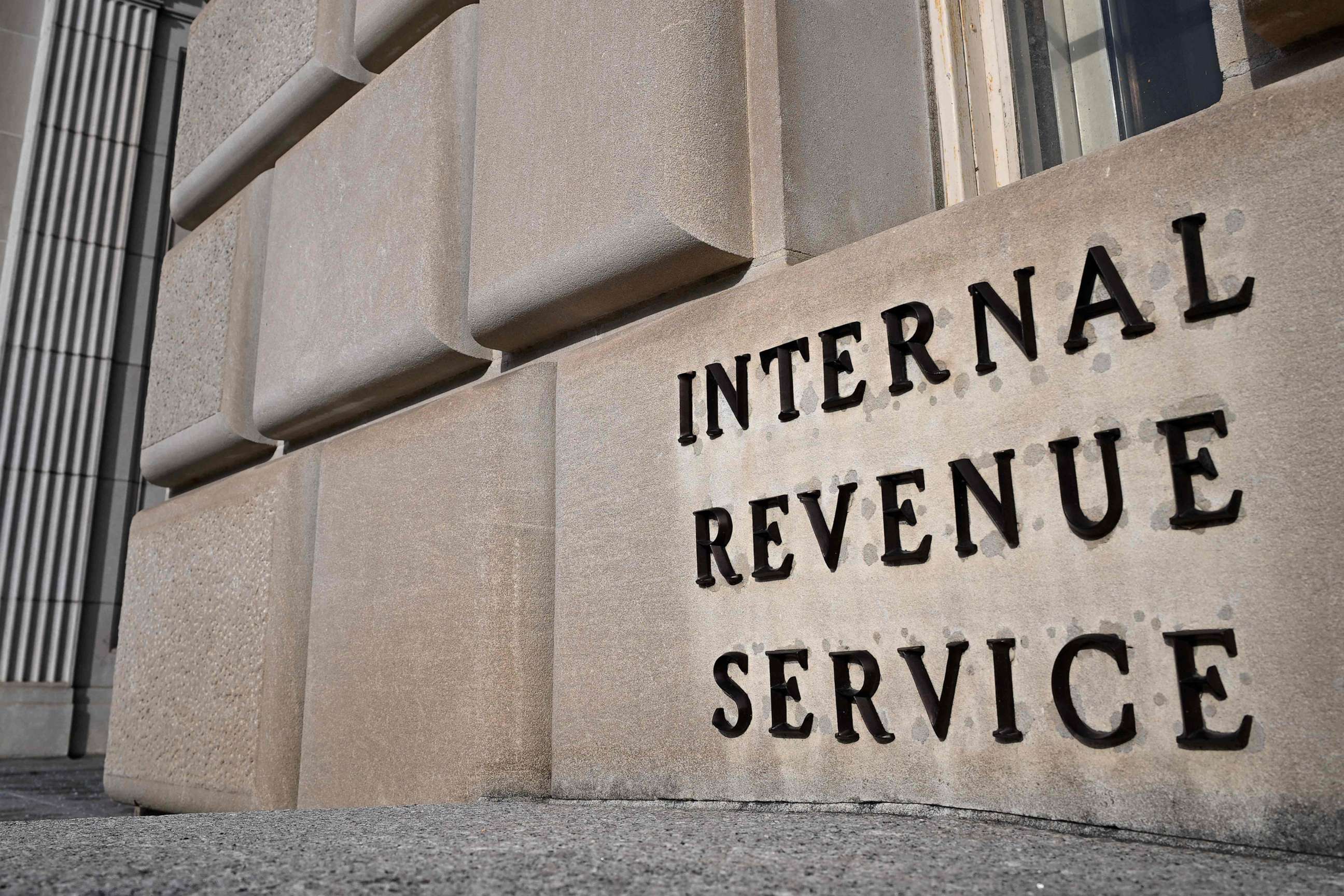IRS expects better tax season service thanks to Inflation Reduction Act funding
The new measures come as the GOP criticizes the money and pushes to remove it.
The Treasury Department is rolling out new measures aimed at improving customer service as the IRS starts to accept 2022 federal income tax returns.
Treasury Department Deputy Secretary Wally Adeyemo told reporters on Friday that the agency has used funds from the Inflation Reduction Act to hire more customer service staff and modernize decades-old technology.
That includes 5,000 new customer service workers to answer calls, Adeyemo said. Just 13% of 173 million calls to the IRS were fielded by live agents last year and 8% of calls were answered with automated assistance.
A Treasury Department official said the new hires mean the IRS has a "historic number" of workers ready to answer the phones this tax season, with the goal of reducing average wait times from 30 minutes to 15 minutes.
These workers will be trained and in place by Presidents Day weekend in late February, Adeyemo told reporters. The IRS also beefed up staffing at taxpayer assistance centers across the country, with 700 new hires.
Adeyemo said "meaningful progress" has been made to update technology. The IRS will now let taxpayers respond to notices for document verification and other issues electronically rather than by mail.

The IRS will continue to move toward automating the scanning of millions of individual paper returns, as it currently inputs the information from paper returns manually one number at a time.
"These customer service improvements will have a positive impact on tax filers, ensure returns are processed more quickly and taxpayers are able to access credits and benefits they're entitled to in a timely manner," Adeyemo said.
The IRS began to accept federal returns on Monday, and individuals have until April 18 to file. Taxpayers who request an extension will have until Oct. 16.
The agency's new resources come as congressional Republicans try to reclaim the money approved for the IRS in the Inflation Reduction Act -- which was opposed by every GOP lawmaker in the House and Senate. The law allocates roughly $80 billion for the IRS over the next decade.

Earlier this month, House Republicans voted to strip the funding in the first piece of legislation the new majority brought to the floor. Many GOP lawmakers misleadingly claim the money will result in the hiring of 87,000 new agents to target middle- and lower-class families, though IRS Commissioner Charles Rettig said it will not increase audits of households making less than $400,000 per year.
The legislation has little chance of passing the Democratic-controlled Senate, and the Office of Management and Budget said in a statement that President Joe Biden would veto it if it came to his desk.
Treasury Secretary Janet Yellen has said a priority of the agency is to use the Inflation Reduction Act funding to clear the IRS backlog, as well as improve technology and hire more workers.
"Our work to improve services will continue throughout policies and the resources provided by the [Inflation Reduction Act] will continue to support a years-long transformation with the agency long after this filing season concludes," Adeyemo said Friday.



